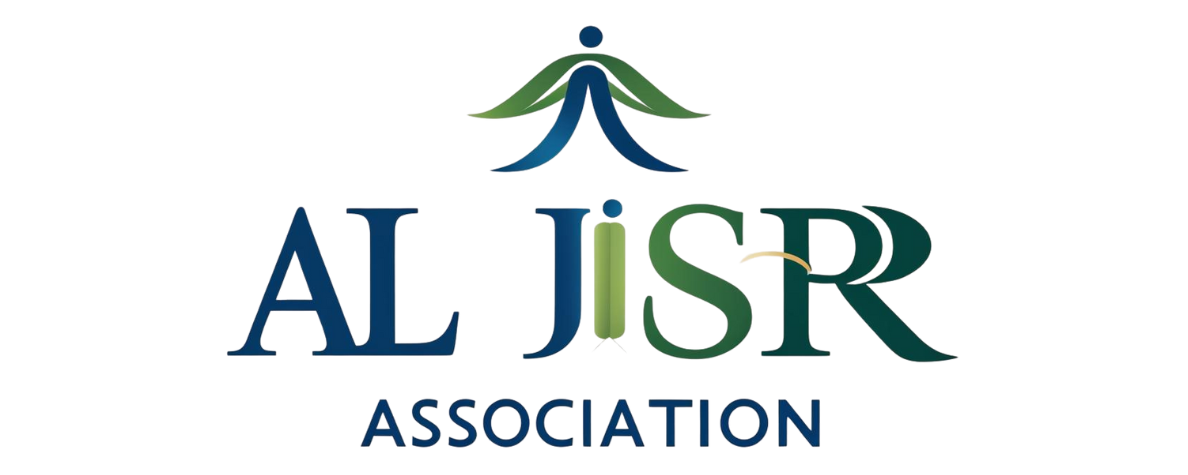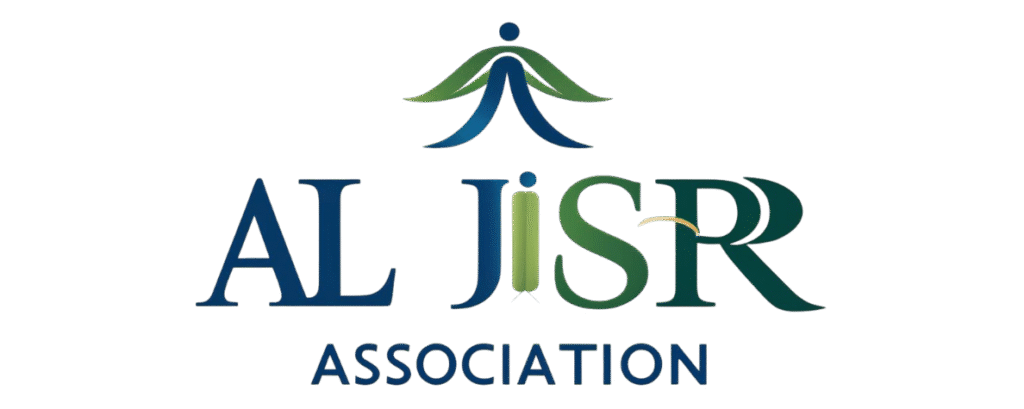Discover
Goulmima & Surrounding Region
Information
Goulmima (in Arabic: ݣلميمة) is a town in Morocco situated in the province of Errachidia, in the region of Drâa-Tafilalet, in the plains between the High Atlas and the Anti Atlas mountains.
Goumima is a medium-sized regional town, an agricultural oasis famous for its cultivation of dattes and olives, it is fed by the Wadi Gheris from the central High Atlas mountains. Like other settlements in Tafilalet, it was built as a fortified village or ksar. One of the most important ones, (Ksar Goulmima).
The Amazigh are the indigenous inhabitants of the region, and the Amazigh language is their mother tongue, but they also speak other languages such as Arabic, French and English.
The Climate
The town of Goulmima benefits from a semi-desert climate characterised by cold winters and hot summers, with temperatures sometimes dropping to 0 degrees, with a contrast between day and night, and sometimes rising to 40 degrees in July, while the climate in autumn and spring is mild with an average temperature of 25 degrees. Summer nights and evenings in and around Goulmima are very pleasant, and visitors can enjoy the atmosphere of wedding celebrations in one of the neighbouring districts or villages.
During the summer, public and private swimming pools remain a favourite destination for residents and visitors to relax, swim and enjoy the refreshing water.
Health Services
Goulmima has a number of health centres which help to provide basic medical services to the population. These facilities include a public hospital (1), several health centres and a number of private clinics providing primary and secondary care.
As part of the development of a multidisciplinary health infrastructure to the highest international standards, the AKDITAL International private clinic was opened in Errachedia (60 kilometres from Goulmima) to provide the population of the Draa Tafilalt region with state-of-the-art equipment to treat all pathologies, from the simplest to the most complex. This proximity gives the local population easy access to quality care, without having to travel to the big cities to benefit from advanced medical services.
Community Culture and Values
The culture of the Amazigh community in the Goulmima region is rich and diverse, based on strong values handed down from generation to generation, and characterised by flexibility in adapting to historical and social changes. Amazigh culture in the region is characterised by the presence of the Amazigh language, which is an essential element of cultural identity, as well as traditions such as collective celebrations, music, dance, folk tales, decorative arts and crafts.
The celebration of the Amazigh year, which marks the start of the new year in the Amazigh calendar, is one of the most important manifestations of this link.
The local memory of Kalma still preserves certain aspects of the Jewish celebration of Ashoura, as part of what is known as the 'Odin Nishor' ritual, or in simple Arabic 'Jews of Ashoura', a ritual organised each year on the occasion of the holy day of Ashoura ; a representative ritual left by Jews living in the oases of Ghris_Goulmima, Ferkla_Tinejdad, Toudgha_Tinghir and other regions, where celebrants wear frightening and striking masks to commemorate this historic day.
The Amazigh community is characterised by its desire to preserve its cultural heritage, in particular the tales, proverbs, riddles, poems and the type of clothing worn by women, which are considered symbols of cultural identity that should be preserved.
As soon as you cross the south-east of the Kingdom, you notice the black dress with different symbols and colours worn by the women. This garment, known locally as 'Tahrouyte', is not just a garment, but a cultural symbol that characterises the south-east and preserves the unique character of this region.
The art of Ahidous is one of the most important folk arts in Amazigh culture, particularly in the south-eastern regions of Morocco. Ahidous is known as one of the collective arts of Amazigh song and dance, because it has been associated since its emergence in the natural and geographical environment with the Amazigh man, an art that has not been affected by many changes and has remained unshaken as it was since its emergence.
Transport and Communications for Foreigners
To get to Goulmima, foreigners can use various modes of transport, including public transport such as planes, buses and taxis, as well as private transport such as hire cars. Specialised tourist transport services are also available to facilitate travel between different towns and tourist sites.
Public transport in Morocco is safe and convenient for foreign travellers, three flights a week connect Marrakech Menara airport with Errachidia Moulay Ali Cherif airport, some sixty kilometres from the town of Goulmima. These flights are direct and take around an hour. Another flight includes a stopover at Casablanca's Mohammed V international airport.
Please note that this information is based on the current flight schedule and is subject to change. You can check Wego, Almosafer or Skyscanner for the latest information on flight availability.
Several bus companies offer journeys from Marrakech to Goulmima. The journey takes around 8 hours and tickets cost between 200 and 250 Moroccan dirhams. Tickets can be bought at bus stations or online.
The best bus companies offering journeys from Marrakech to Goulmima are the Moroccan Transport Company (CTM) and Supratour buses.
Bus timetables :
There are many journeys per day, including night journeys. You can check timetables online or by contacting the companies mentioned.
Activity Periods
We mainly organize activities during the summer months, but we also organize charitable activities throughout the year.
Travel Expenses
Travel expenses will be borne by the volunteer until their arrival at the activity location, as will their personal expenses.
Exploration Trips
The association organises excursions to enable all volunteers to discover the beauty of the country and familiarise themselves with its culture.
Planned excursions:
- An unforgettable excursion to the Merzouga desert dunes.
- An enchanting tour of the Dadès and Todgha valleys.
- Discover the kasbah of Guelmim, which reflects the material cultural heritage of the Amazighs in Morocco.
- Visit pottery workshops.
- Enjoy the sunset at the top of Asdram as a unique experience, where the natural beauty of the region blends with the romantic atmosphere of sunrise and sunset.
Accommodation
Volunteers will be accommodated at the association's headquarters, which is equipped for this purpose and meets accommodation requirements. They will live together for the duration of the activity programme, immersed in the daily life of local residents in order to discover the richness and diversity of their cultural and civilisational heritage.
Please Note
Each volunteer must be covered by personal travel insurance for the entire duration of the programme of activities. They must therefore make the necessary arrangements to obtain this in their country of origin.
The Introductory Days
Volunteers will be welcomed at the association's headquarters, and the first day of the programme will be devoted to its presentation. The association will inform all volunteers about the programme and explain its objectives. These days will also be an opportunity for volunteers to get to know each other and visit the city and its surroundings.
The Al-Jisr Association for Communication and Educational Cooperation strives to facilitate the organisation of activities for volunteers who will be in contact with members of the association in order to help them travel easily to the region.
Travelling in a group has many advantages. It reduces costs, thanks to discounts offered by airlines, travel agencies and tour operators when several people book together.
The association prefers to welcome volunteers who are part of associations, organisations or institutions, but this does not mean that volunteers who do not belong to any organisation are not entitled to participate and benefit from the planned activities. Anyone who meets the requirements can participate.
Side Events
Throughout their stay and alongside their main activities, volunteers will be able to enjoy additional activities such as exploring the city and its surroundings, shopping at the market or evening walks. They will also be able to enjoy various games and activities that enliven community life.
Moroccan Culture
Moroccan culture is rich and varied, characterised by its ancestral heritage and the various influences that have shaped it over the centuries.
If volunteers wish to learn Arabic or Amazigh, the association will organise face-to-face training courses for them.
Moroccan cuisine is renowned for its diversity and rich flavours. That is why the association will organise specialised cooking classes in Moroccan cuisine for volunteers.
Given that traditional Moroccan style is an ancient art and a tradition passed down from generation to generation, reflecting the richness and diversity of Moroccan culture, the association will also offer training courses to teach volunteers traditional Moroccan style.

